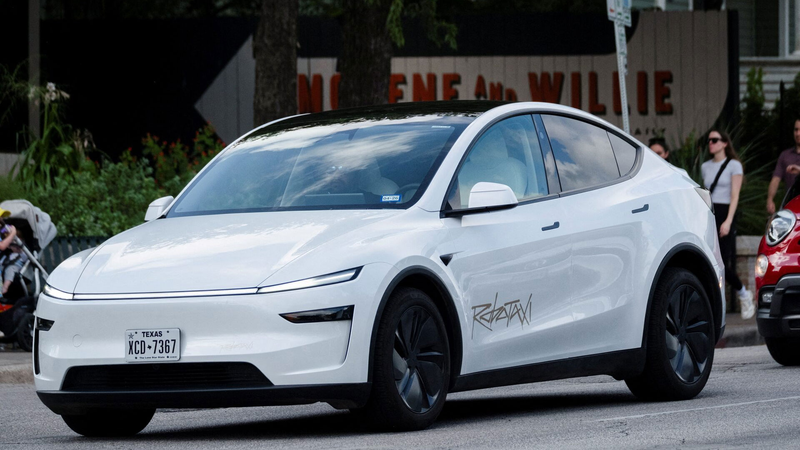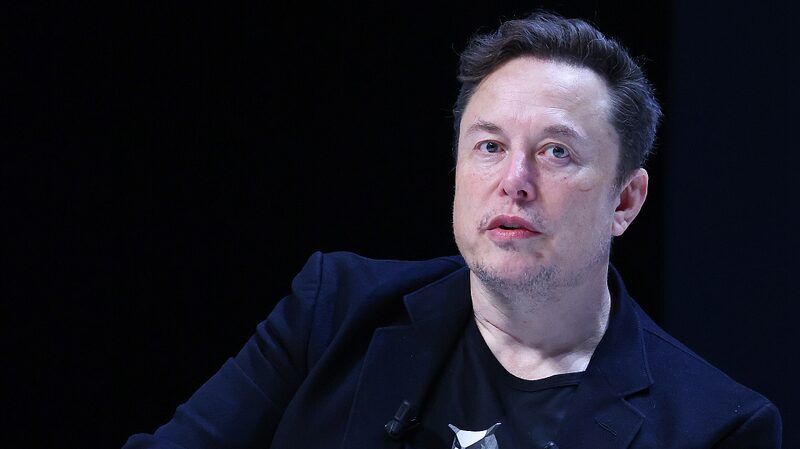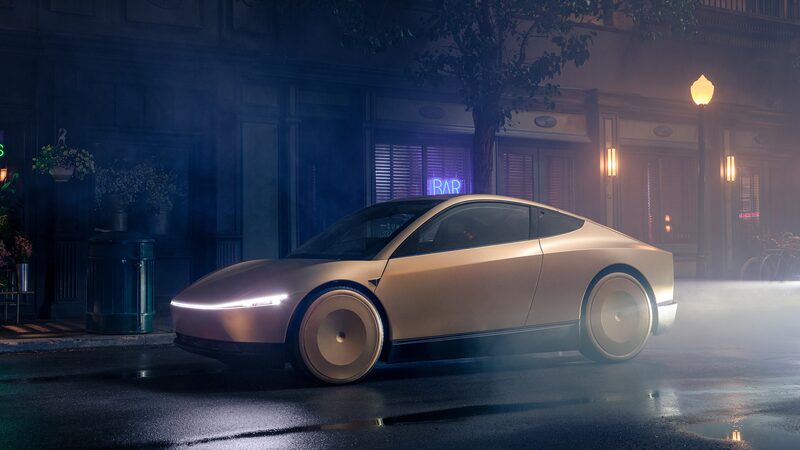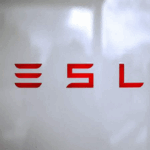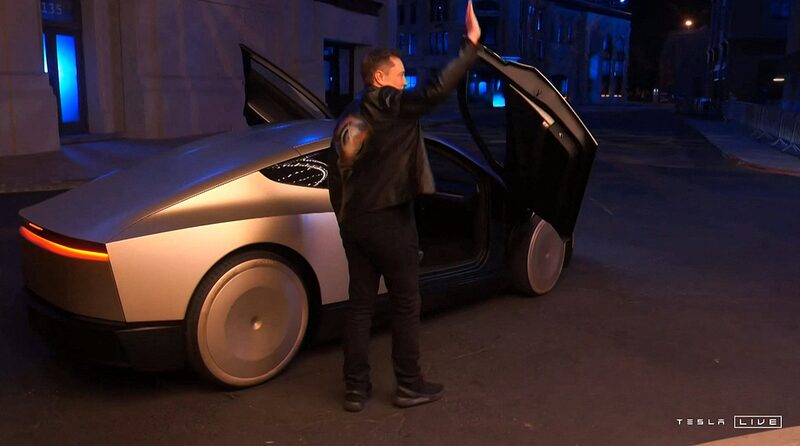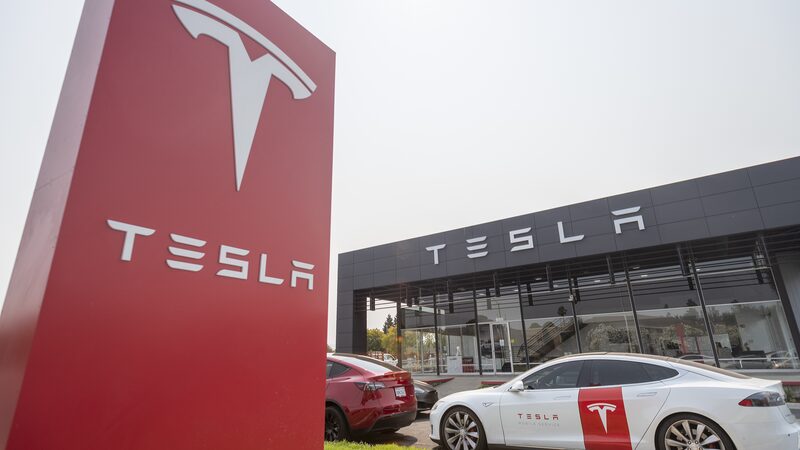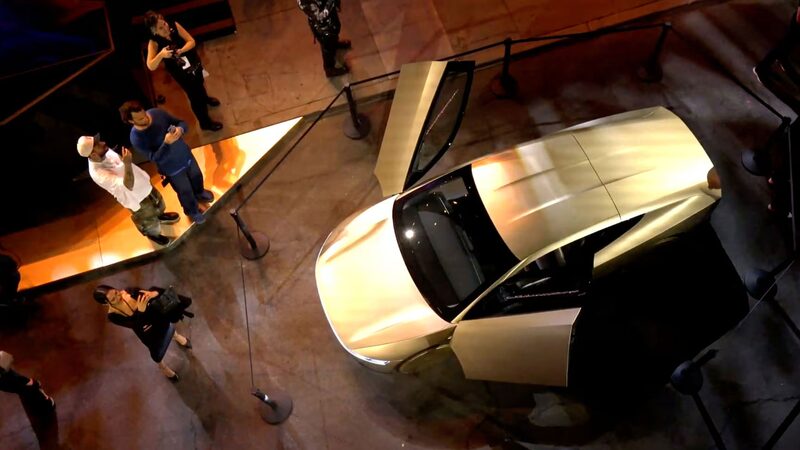A Florida court ruling against Tesla's Autopilot system has cast doubt on the company's ambitious robotaxi expansion plans, raising fresh concerns about the safety of autonomous vehicle technology. The verdict, which ordered Tesla to pay $243 million in damages for a fatal 2019 crash, marks a significant setback as CEO Elon Musk seeks regulatory approvals to deploy driverless taxis nationwide.
Legal experts warn the decision could complicate Tesla's efforts to convince state regulators of its technology's readiness. The company faces pending cases in multiple states including California and Nevada, where approval processes now risk delays. This comes at a critical juncture for Tesla, which aims to extend its small-scale Austin robotaxi trial to half the U.S. population by year-end.
The ruling highlights growing scrutiny of Tesla's autonomous driving claims. While the company maintains its systems require human oversight, jurors found Autopilot's design contributed to the Florida collision where a Model S ignored a stop sign. The case underscores broader challenges facing Tesla as it pivots toward AI-driven services amid cooling EV demand and intensifying global competition.
Analysts note that Tesla's trillion-dollar market valuation increasingly relies on Musk's bets on robotics and AI. With Waymo currently dominating the U.S. driverless taxi market, regulatory hurdles could widen the gap between Tesla's aspirations and operational reality. The company's next moves in addressing safety concerns while advancing its technology will likely shape both its financial future and the broader autonomous vehicle landscape.
Reference(s):
cgtn.com
